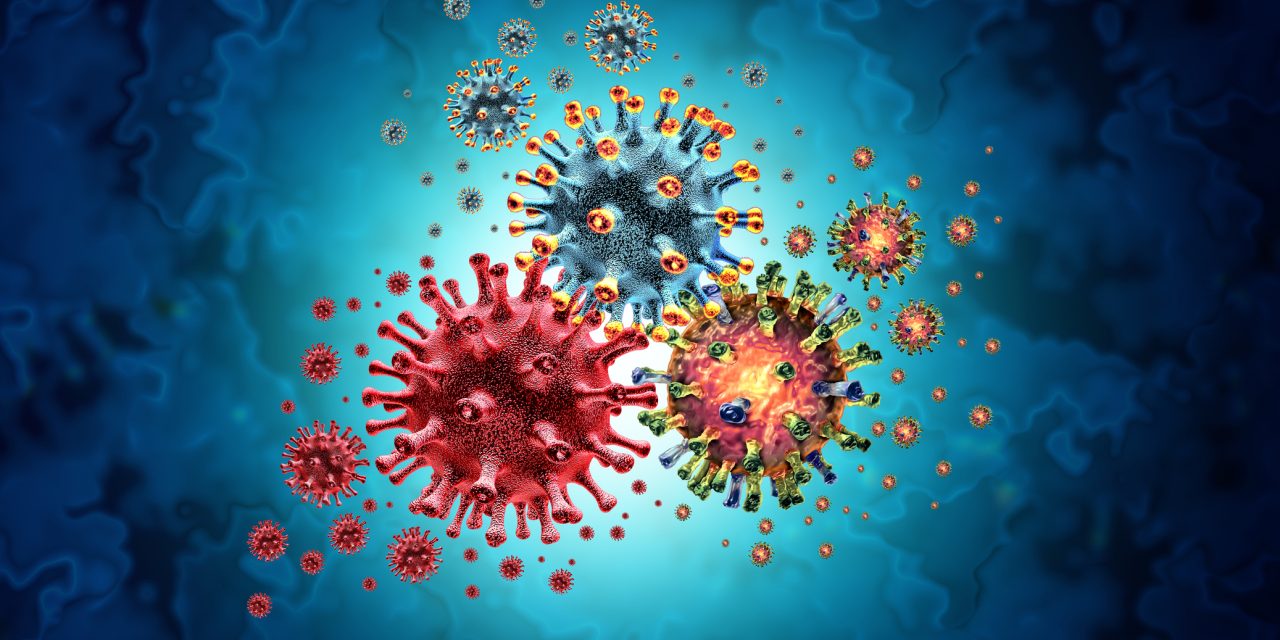Alcohol-related liver disease (ALD) is a major cause of chronic liver disease worldwide with limited therapeutic options. Interleukin-1 Receptor Associated Kinase 4 (IRAK4), the master kinase of TLRs/IL-1R-mediated signaling activation, is considered a novel therapeutic target in inflammatory diseases, but has not been investigated in the context of ALD.
IRAK4 phosphorylation and IRAK1 protein were analyzed in liver from alcohol-related hepatitis patients and healthy controls. IRAK4 kinase activity-inactive knock-in (IRAK4 KI) mice and bone marrow chimeric mice were exposed to chronic ethanol-induced liver injury. IL-1β-induced IRAK4-mediated signaling and acute phase response were investigated in cultured hepatocytes. IRAK1/4 inhibitor was used to test the therapeutic potential for ethanol-induced liver injury in mice.
Increased IRAK4 phosphorylation and reduced IRAK1 protein were found in livers of alcoholic hepatitis patients. In the chronic ethanol-induced liver injury mouse model, hepatic inflammation and hepatocellular damage were attenuated in IRAK4 KI mice. IRAK4 kinase activity promotes expression of acute phase proteins in response to ethanol exposure, including C-reactive protein and serum amyloid A1(SAA1). SAA1 and IL-1β synergistically exacerbate ethanol-induced cell death ex vivo. Pharmacological blockage of IRAK4 kinase abrogated ethanol-induced liver injury, inflammation, steatosis, as well as acute phase gene expression and protein production in mice.
Our data elucidate the critical role of IRAK4 kinase activity in the pathogenesis of ethanol-induced liver injury in mice and provide pre-clinical validation for use of an IRAK1/4 inhibitor as a new potential therapeutic strategy for the treatment of ALD.
Copyright © 2020. Published by Elsevier B.V.
Inhibition of IRAK4 kinase activity improves ethanol-induced liver injury in mice.


